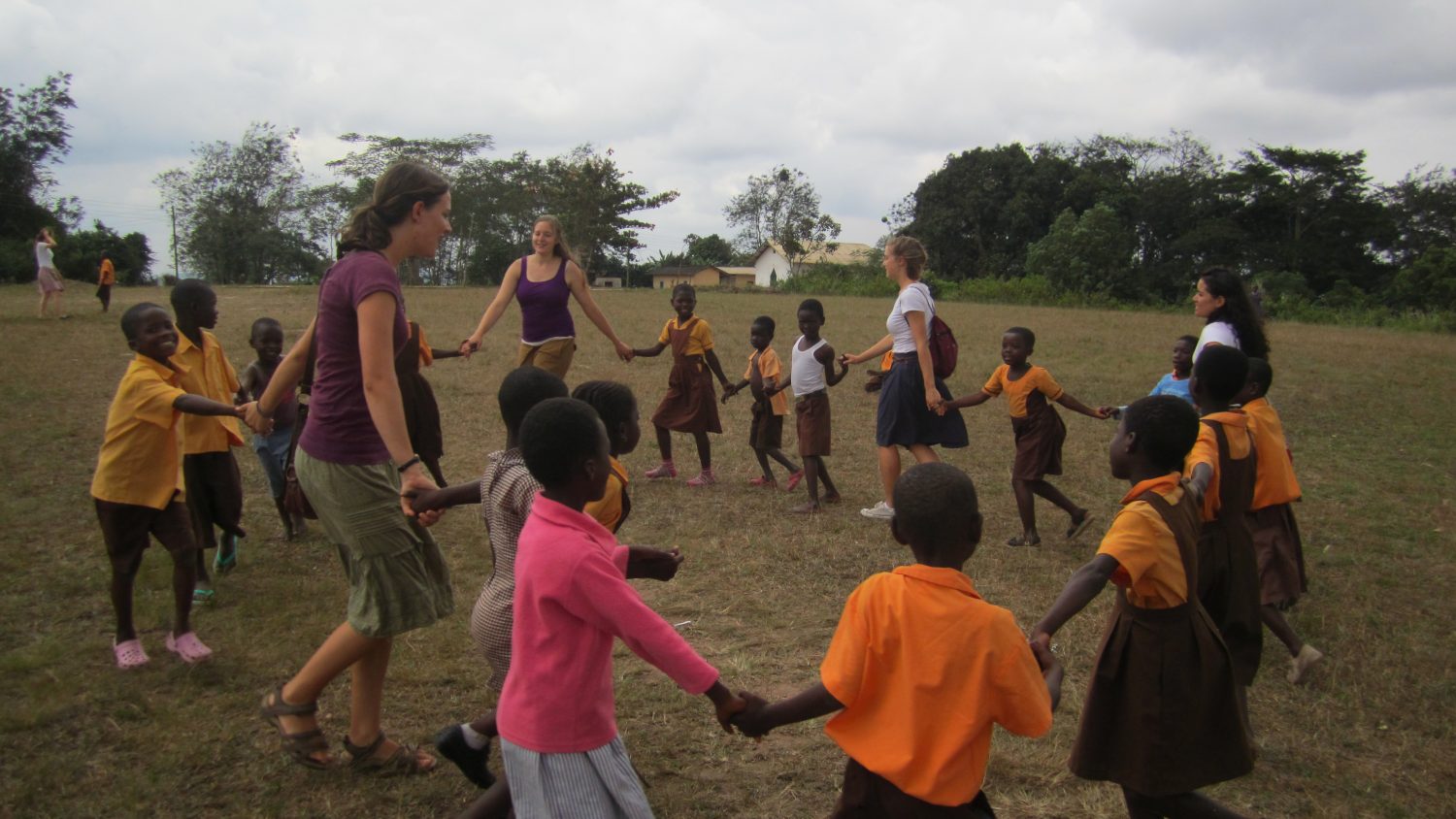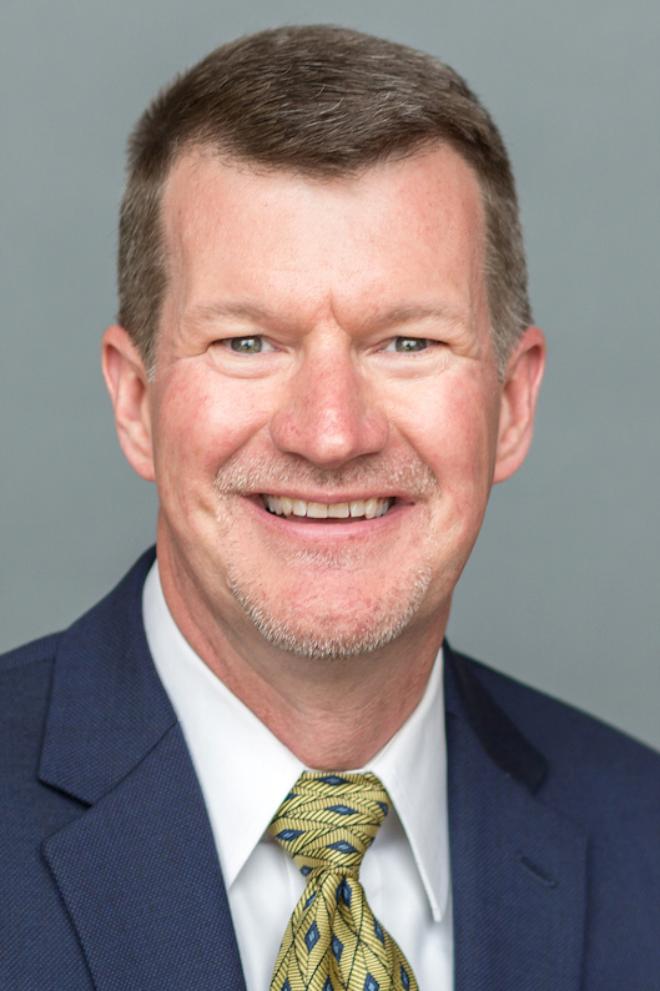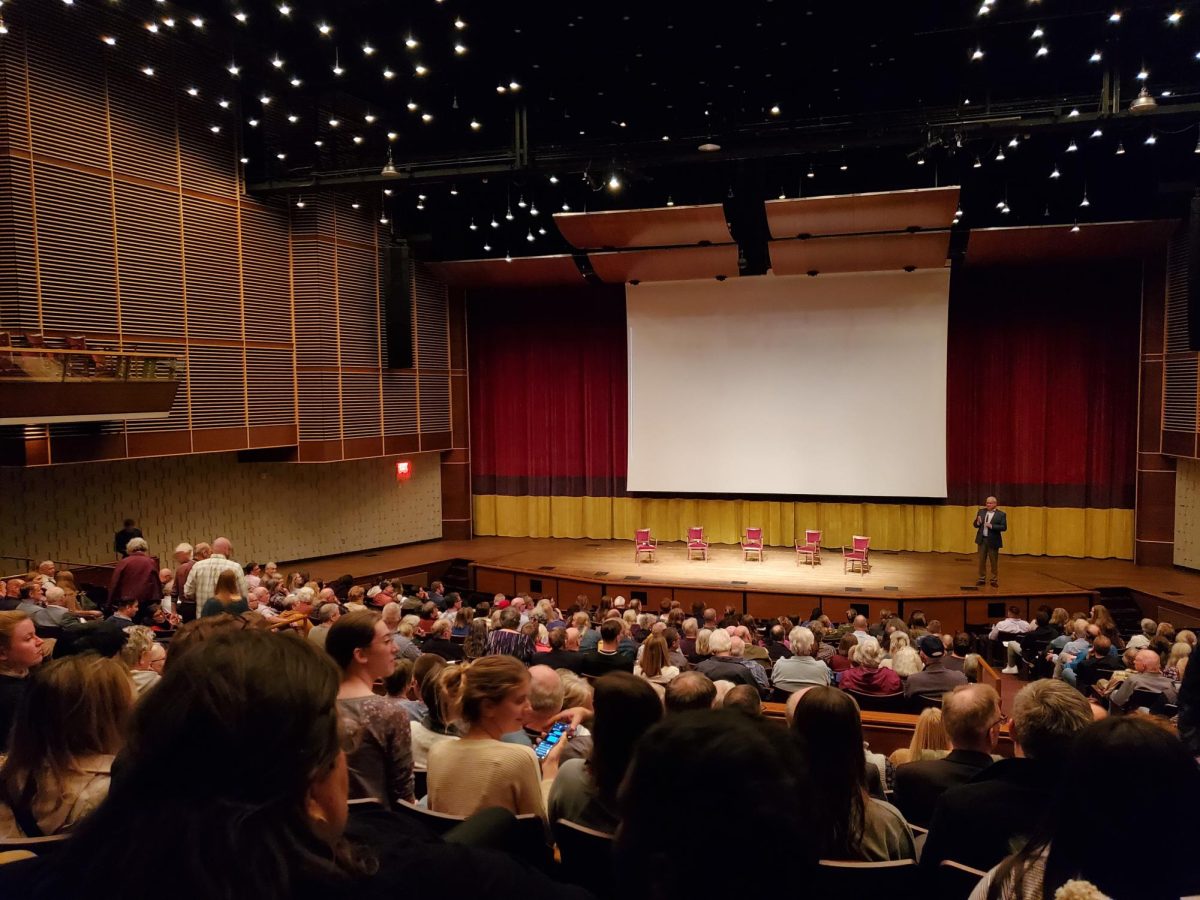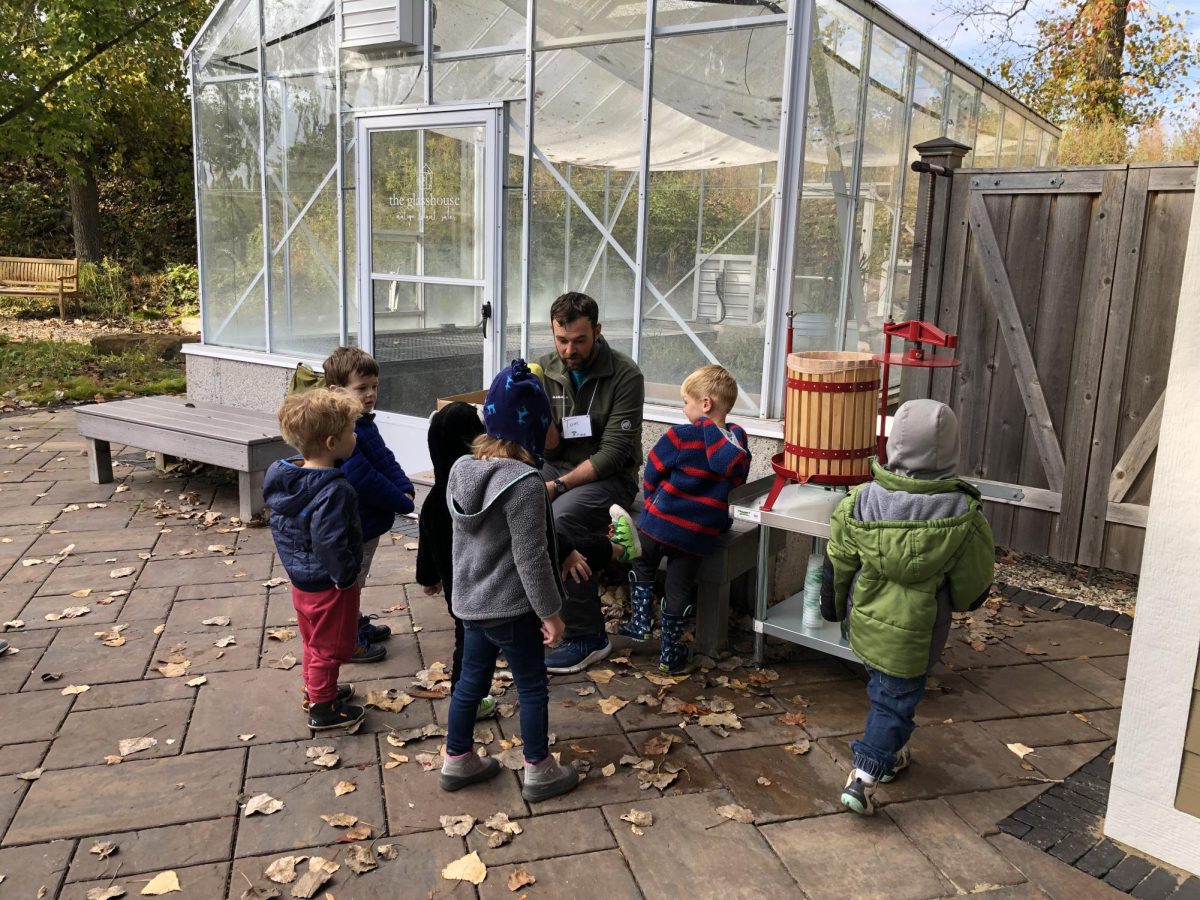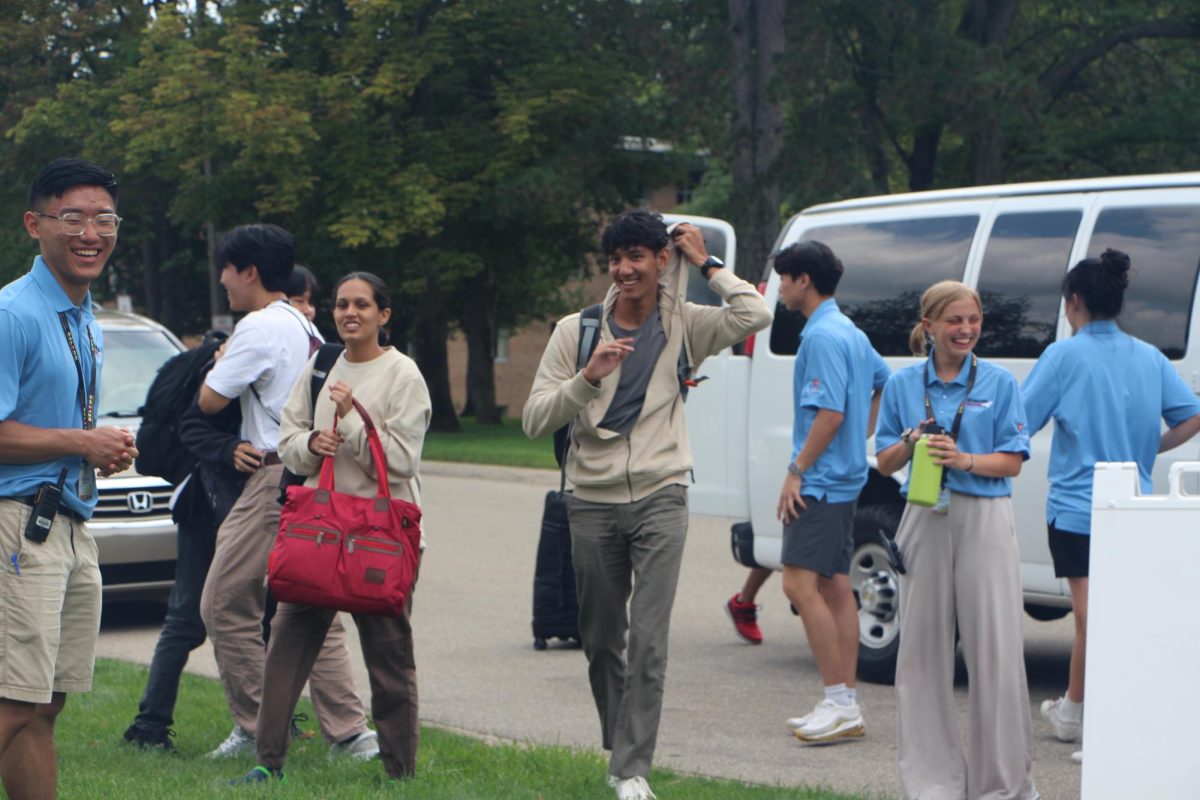Before my homestay week in Adenkrebi, a rural farming village in Ghana, I never suspected one could hunt crabs. The practice involved tramping out into the tropical forest surrounding the town and Attabah, our guide, leading us into an area drenched by the week’s rains. He dropped to his knees and began scooping mud up and away to make a narrow hole. His arm quickly disappeared until he was flat on his stomach, only his shoulder visible. He was silent for several minutes before he let out a triumphant shout and yanked his arm out, a petri-dish-sized crab hanging from his fingers. Then, one by one, we repeated the process.
Every year about 16 students travel with a professor to Ghana for a four-month semester of learning, working and travel. The trip is marketed to international development studies (IDS) students as a way to fulfill their mandatory semester abroad, but it appeals to a much wider range of students, from humanities to pre-med. I myself was a writing and history double major, looking for travel and intercultural experience in the fall of 2012.
The summer before this semester in Ghana, I had little success envisioning what the trip might be like. I had few expectations. What does living in Africa look like? I was a California girl who had only left the country once for Europe. I’d seen pictures online. I’d read testimonies. I’d seen the news. But none of those were a full preparatory picture.
I had read that we would be studying at the University of Ghana. In my ignorance, I assumed this was Ghana’s single university. I pictured rolling deserts with miles in between small villages. I thought I wouldn’t eat pizza or Chinese food or a hamburger for four months.
In the first week, my preconceived notions were shattered. I couldn’t tell you how many Universities of Ghana there were because we drove past too many to count. All I knew was that ours was 10 square miles and had 40,000 students, more than the University of San Diego. And while desert landscapes were prevalent in the north, the coastal south was as tropical as it could be. Where I expected nothing but local food — which was wonderful, by the way — the capital had no shortage of restaurants that served the most delicious Italian, Indian and Thai food I’ve ever eaten (though I never did get that hamburger).
There were 18 in our motley group, and ours was a semester of firsts. We were the first group to stay in a new, non-international student dorm on the edge of campus that gave us an even greater sense of our minority whiteness. We were apparently the first to see elephants. And my little group of three was the first to intern in Adenkrebi.
As the semester in Ghana is a program vital to the IDS program, every student took part in an internship. Some people worked at Safewater, a small non-profit that builds and installs water filters. Others worked at hospitals or with anti-slavery organizations and small businesses. My group interned at the school in rural Adenkrebi.
It wasn’t really clear at the start what we were meant to do. The three of us assumed we would help teach classes. But it soon became clear that this was not going to happen. The teachers at this school were far more interested in chatting with us in the teachers’ lounge for five hours a day than interacting with their students. They were also much more interested in our femininity than was professional, so after only three weeks, our professor yanked us out.
For the next couple weeks we worked in the village, interviewing the parents and elders (via interpreter) and learning about the school’s relation to the village. We discovered the building had been forced upon the town in the 1960s as part of a government-wide educational program, and it certainly looked its age. The largest class was the KG (kindergarten) classroom at twenty, the next largest Class 4 (fourth grade) at ten. The children were lively and enthusiastic about learning. However, no one was invested enough in it to lift it off the ground.
There was a cycle of disconnect in Adenkrebi, and the school was at the heart of it. The teachers were passionate about education but were unhappy in their rural placement and assumed the parents didn’t care about the school. The parents valued learning, but didn’t contribute to its growth in the community. They knew none of the teachers were from the town, and thus they understood and saw firsthand the lack of investment the teachers had in their children. Many of the parents, even when rightly ambivalent towards the school’s invasion of village’s culture, still valued the institution itself but didn’t think the teachers cared enough to warrant their time and effort.
And the children, who had hopes and dreams of their own, were caught in the middle. Every child we asked dreamed of being a nurse, doctor or mechanic. They liked the school and enjoyed the learning, though they didn’t understand English as well as they could have (largely due to the teachers’ lack of investment), so the teaching — in English — was often difficult to absorb.
We saw Adenkrebi again when our entire group did a week-long homestay (over three weeks in groups of six). We spent several afternoons uprooting cassava, making fufu, tilling earth to plant corn and drilling into palm trees to extract oils. It was manual labor city-dwellers rarely see. The tools were unfamiliar, our muscles untried, my inexperience humbling. Back home, I never had to work for my food. I never had to hunt for my meat. I never had to think about sustainability beyond how long I could refrigerate something after opening. There are no refrigerators in Adenkrebi. Every part of the palm tree is utilized. You eat everything served to you, and nothing goes to waste.
The church service in Adenkrebi was, unsurprisingly, not in English. But you didn’t have to understand the words to have an experience. Worship in Ghana is very charismatic, and Adenkrebi is no exception. Singing, dancing, shouting — all of them are a regular part of worship. When you worship in Adenkrebi, you use your whole body. You don’t stand still in a pew. Your arms are raised high, your body sways and you sing with everything you have. Even tithes are often accompanied by a processional dance. This is the spirit moving in you, they told us. Only by letting go of your faculties in this way could true worship be found in Adenkrebi. It was beautiful, and I often find myself longing for it in church services back home.
During this week, we became temporary members of the community, as one elder informed us with a smile. We cooked with our hosts, went on hikes, played with the kids, hunted crabs, worked the fields, explored the village, carried water on our heads, rose at 5:30 with the rooster’s crow and shared many meals with parents and children alike.
Returning to the internship after our homestay was unsettling. I am not an IDS major. I have endless respect for what they do and the types of discussions our group had about having lasting impacts and implementing real, undamaging change. But I was struck — and discouraged — by my inability to just be part of the community. I wanted so much for this “internship” to mean something. I needed to be able to help. My western mindset switched me to the autopilot of “find, fix” so that, for the first months of living amongst all the beauty of the village’s life, I missed out on enjoying all that I could have learned there, the perspectives that had been opened to me. I didn’t understand that I wasn’t there to teach them; I was there so they could teach me.
I didn’t get the Ghana I expected, but I wouldn’t have wanted it anyway. What I got was a semester full of beautiful sites, incredible learning and doorways into people’s lives that would never have been accessible in any other way.



